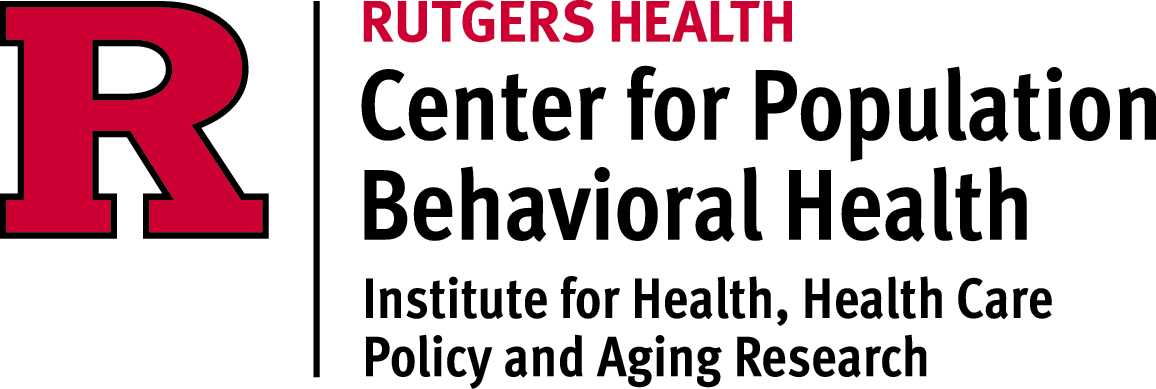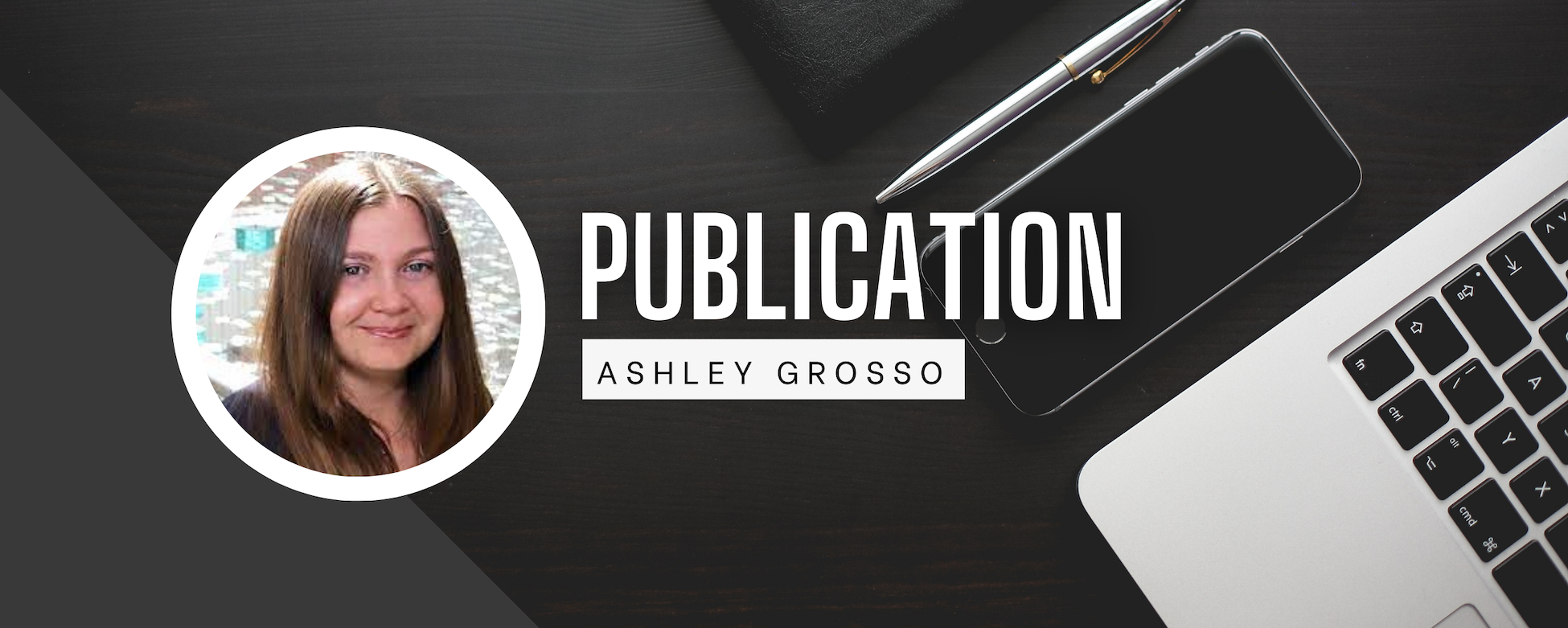

Dr. Ashley Grosso, core faculty member at the Center for Population Behavioral Health and assistant professor in the Department of Urban-Global Public Health, recently published new research.
The article, “Sexual and reproductive health service needs associated with underage initiation of selling sex among adult female sex workers in Guinea-Bissau,” was published in International Journal of Environmental Research and Public Health in October 2022.
Abstract:
Objective: To assess the prevalence and predictors of underage initiation of selling sex among female sex workers (FSW) in Guinea-Bissau. Methods: 505 adult FSW recruited using respondent-driven sampling were surveyed in 2017. Multivariable logistic regression was used to identify demographic, behavioral, and psychosocial characteristics associated with initiation of selling sex while underage (<18 years). Results: A total of 26.3% (133/505) of FSW started selling sex before age 18. Underage initiation of selling sex was associated with experiencing forced sex before age 18 (adjusted odds ratio (aOR): 6.74; 95% confidence interval (CI): 2.05–22.13), and never being tested for HIV (aOR: 0.43; 95% CI: 0.20–0.91). Despite having lower odds of wanting to have children or more children (aOR: 0.31; 95% CI: 0.17–0.56), FSW who started selling sex while underage had lower odds of using highly effective contraception such as implants (aOR: 0.43; 95% CI: 0.24–0.77). Among those who were ever pregnant, a lower percentage of FSW who started selling sex while underage accessed antenatal care (56.6% vs. 74.7%, p = 0.008). Conclusions: These data suggest that early initiation of selling sex among adult FSW in Guinea-Bissau is common. Social services for youth and integrated HIV and reproductive health services are critical to address the persisting sexual and reproductive health needs of FSW who started selling sex while underage.